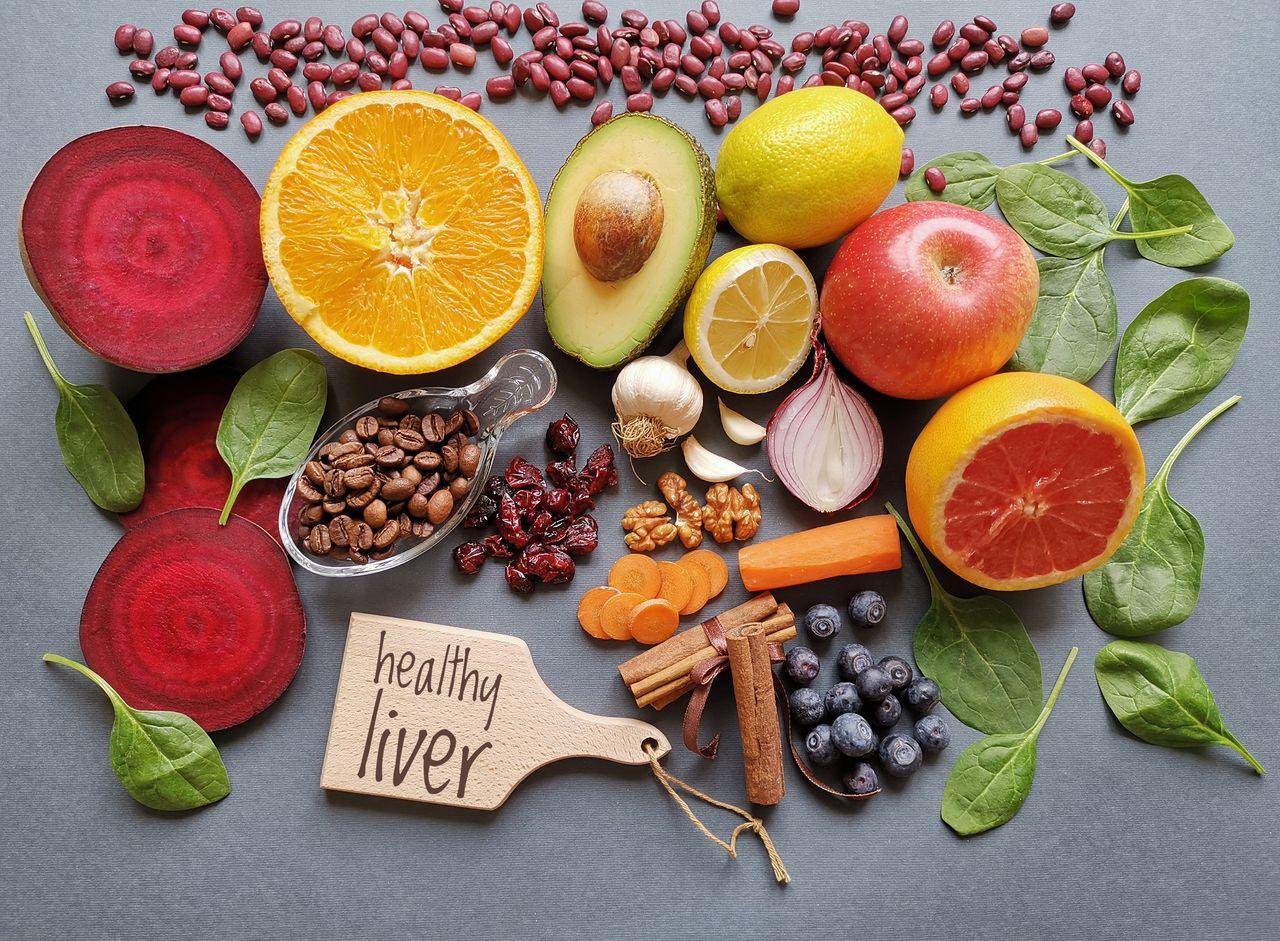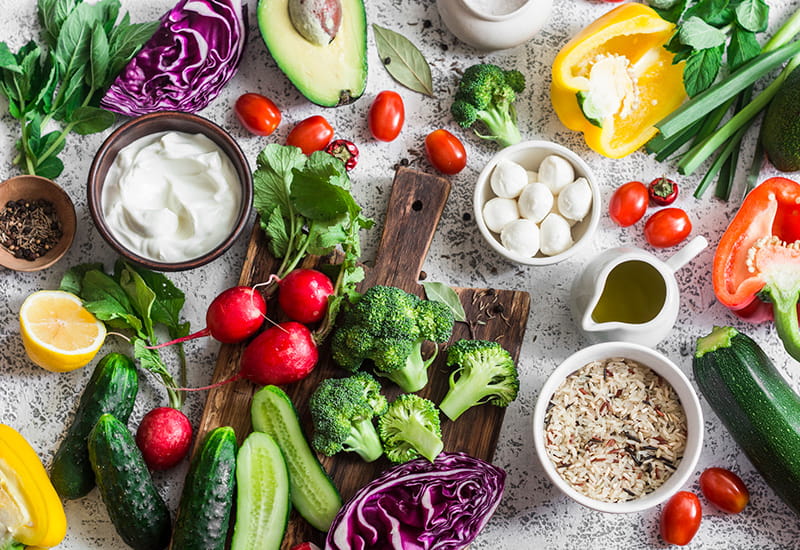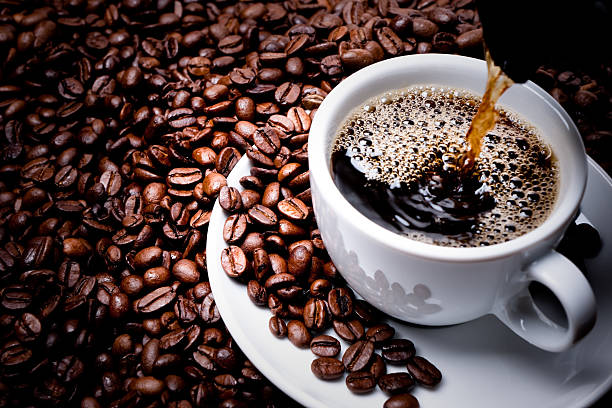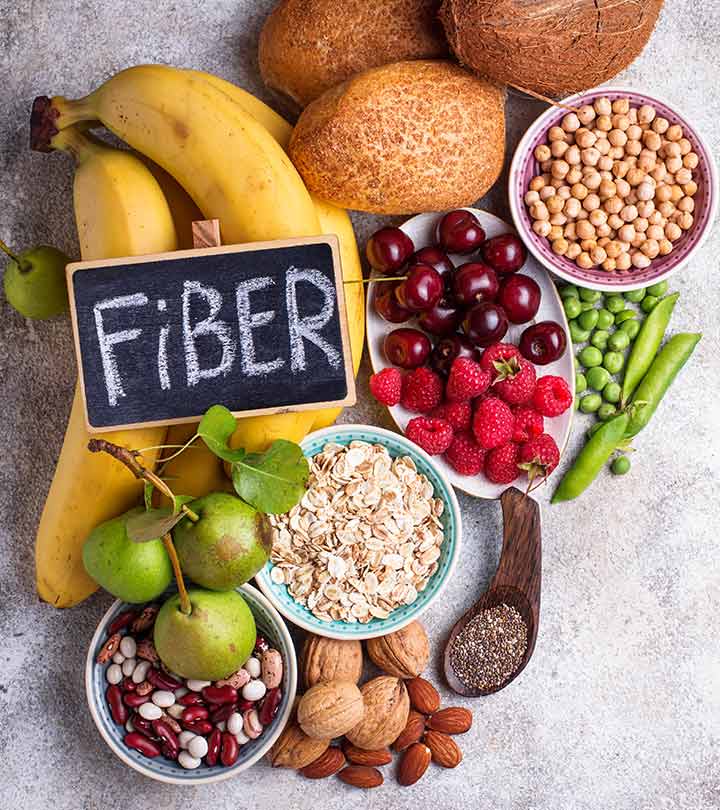What are Soba Noodles?
Soba noodles are traditional Japanese noodles made from buckwheat flour and have been an important part of their cultural cuisine for hundreds of years. Given that much of the carbohydrate consumption in Japan comes from white rice or wheat flour, soba (buckwheat) provides an alternative that can deliver different nutrients and ensure a well-rounded diet. For those people who are unable to consume gluten (wheat products), soba is an excellent alternative. These noodles are also very popular because of their versatility in both hot and cold preparations, making them an important caloric element all year round.
Soba Noodles Nutrition

When it comes to nutrition, a 2-ounce serving of soba noodles contains approximately 200 calories. However, buckwheat is also a rich source of certain B vitamins, such as thiamine, and also possesses all eight essential amino acids, unlike wheat. These noodles are also high in powerful antioxidants, such as quercetin and rutin, as well as dietary fiber. In terms of minerals, these noodles have moderate amounts of iron, potassium, phosphorous, zinc, and calcium, among others.
Soba Noodles Health Benefits
The most impressive health benefits of soba noodles include their ability to boost gut health, minimize varicose veins, and prevent heart disease, among others.
Vitamin B content
Vitamin B is also a component of soba noodles. This vitamin improves ones fertility and prevents problems during birth. It is also needed in the body during red blood cell formation. It promotes healthy red blood cells.
Enhances the wound healing process
This noodles are also know to enhance the body’s process in healing wounds. It is because of the manganese content it brings which is necessary in the formation of collagen. This helps seal wounds to prevent bleeding that could result to infection by bacteria.
Bone and teeth health
Proper growth of bones and teeth is promoted when one eats soba noodles. It contains magnesium and phosphorus which are used up in their essential processes. Hence, a person can be protected from bone diseases like rickets, keratomalasia and oestomalasia.
Helps fight hypertension and arteriosclerosis
Soba noodles are also great for people with hypertension and arteriosclerosis as it strengthens blood vessels and lowers blood pressure. This is because of the bioflavonoid content, along with the rutin, a healthy component of the noodles.
Protein Density
There might be a good amount of protein in these specialized noodles, but much of it is undigestible. Buckwheat pasta does contain between 6 and 8 grams of protein per 2-ounce serving, making it an excellent means of boosting growth and development, which require amino acids from other protein sources.
Prebiotic
These noodles are considered prebiotic because of the effect they have on gut health. Prebiotics are foods or supplements that improve gut health by feeding beneficial bacteria. While some of the side effects are related to the stomach, the benefits typically outweigh the risks.
How to Make?
Making soba noodles is slightly different than cooking other pasta, but just as easy.
Step 1: Bring a large pot of water to boil on the stove.
Step 2: Add salt to the water before adding the noodles.
Step 3: Cook the pasta until the noodles become soft, but be careful, as the noodles can easily overcook and become mushy.
Step 4: Drain the water and run the pasta under cold water immediately (if you want the noodles for a cold dish).






